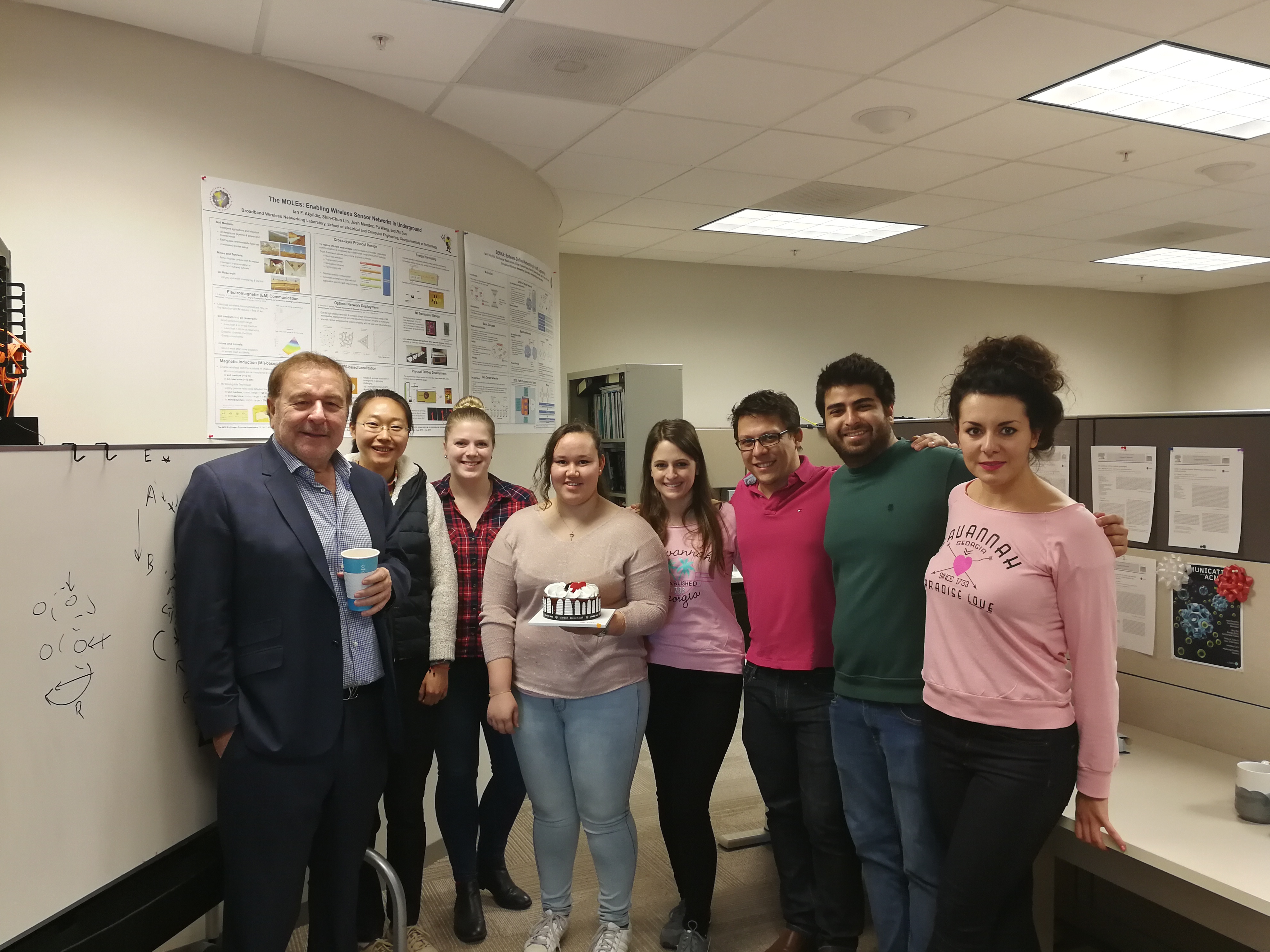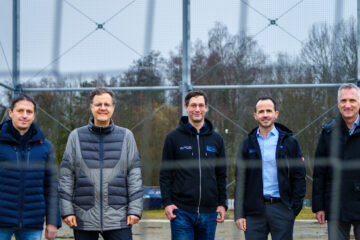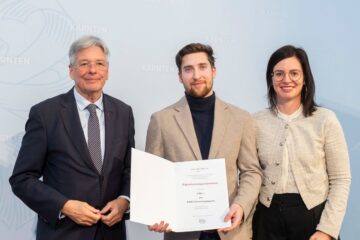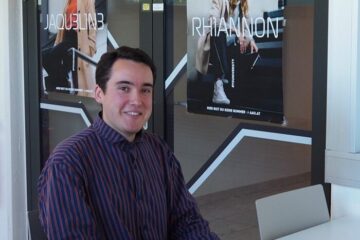
Jennifer Simonjan, research and teaching staff member at the Pervasive Computing Group, spent three months, from January to March 2018, as visiting researcher in the Broadband Wireless Networking Lab of Professor Ian F. Akyildiz at the Georgia Institute of Technology.
There she conducted research in the field of nanoscale optics and developed a concept of a nano-camera in collaboration with Professor Akyildiz and Professor Jornet from Buffalo University. Nanotechnology is enabling the development of a new generation of devices which are able to sense, process and communicate, while being in the scale of tens to hundreds of cubic nanometers. Nano-cameras are composed by nanoscale photodetectors and lenses as core components. In order to function as a standalone sensing device and in a network of devices, these cameras also include nanoscale processors, memories, batteries, transceivers and antennas. A joint paper describing the nano-camera concept is currently under review.
Nano-cameras are rooted at the confluence of multiple research fields including material sciences, sensor technology, nanoscale computing and communication as well as smart cameras. By assembling multiple nano-photodetectors in different constellations, nano-cameras will provide attractive capabilities such as extreme spatial resolution, high (spectral) sensitivity and high energy efficiency. Due to their size, scale and flexibility, a multitude of novel applications can be foreseen in fields including bio-medicine, defense and security, environmental and habitat monitoring as well as the Internet of Nano-Things.
Back in Klagenfurt, Jennifer is in close collaboration with all partners in order to develop the concept further. She is still excited about her visit: „My research stay at Georgia Tech was very enriching in both professional and personal development. I immediately felt as an integral part of Prof. Akyildiz‘ group and enjoyed gathering competence in the research field of nanotechnology. The Georgia Tech Campus is also impressive, providing various facilities and events for students, which I tried to make use of as much as I could in my free time. All in all I consider the research stay as highly successful and I am very grateful that I got this opportunity.“ Bernhard Rinner is also looking forward to continue this fruitful collaboration. “We expect to see a dramatic change in several fields of camera technology in the near future”, he concludes.
Her research visit was supported by the Excellentia Scholarship from Alpen-Adria-Universität Klagenfurt.




